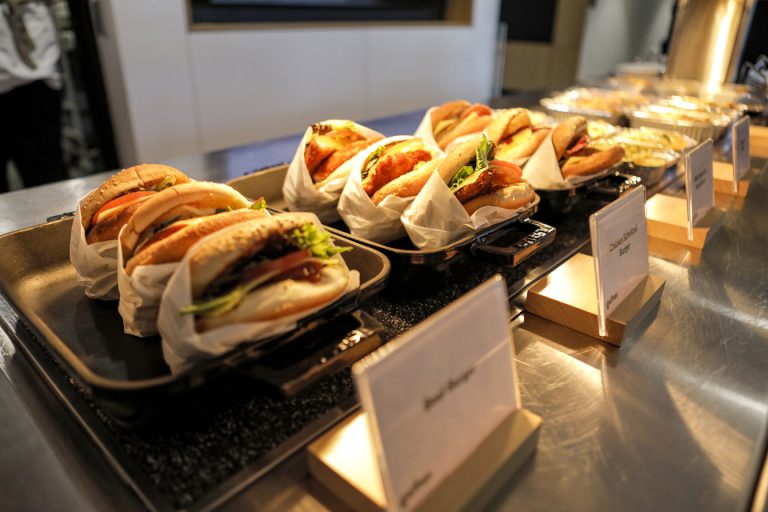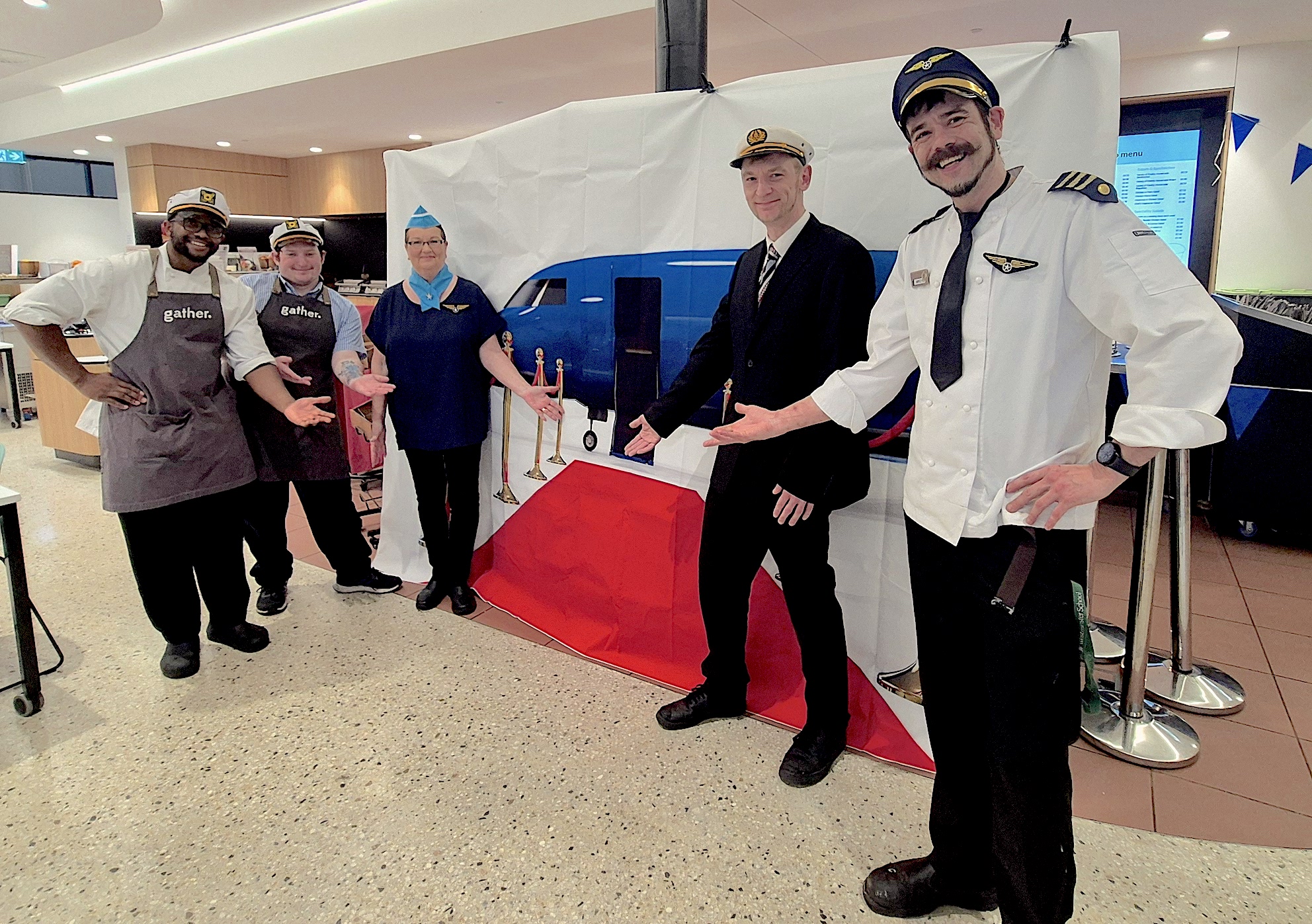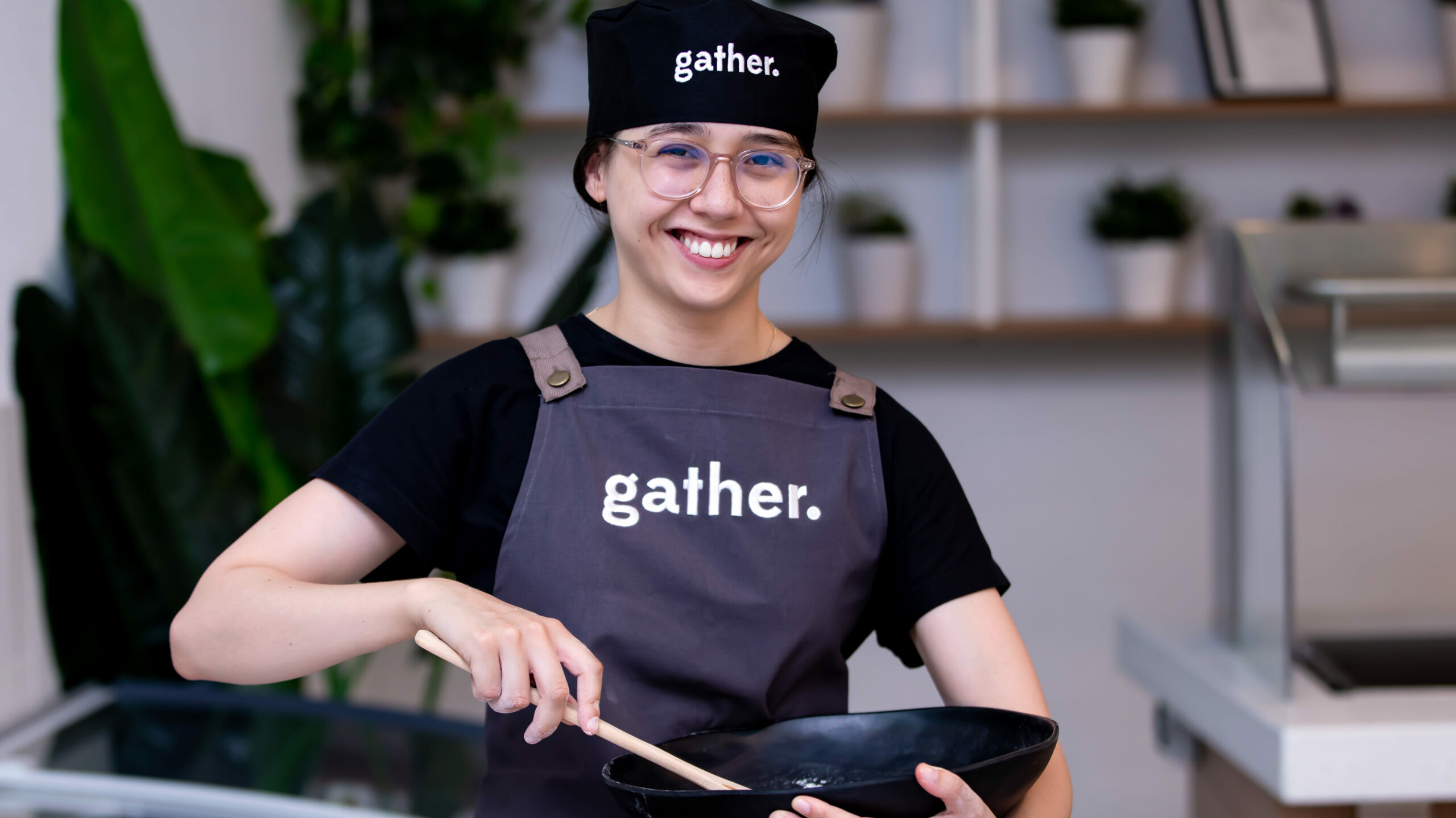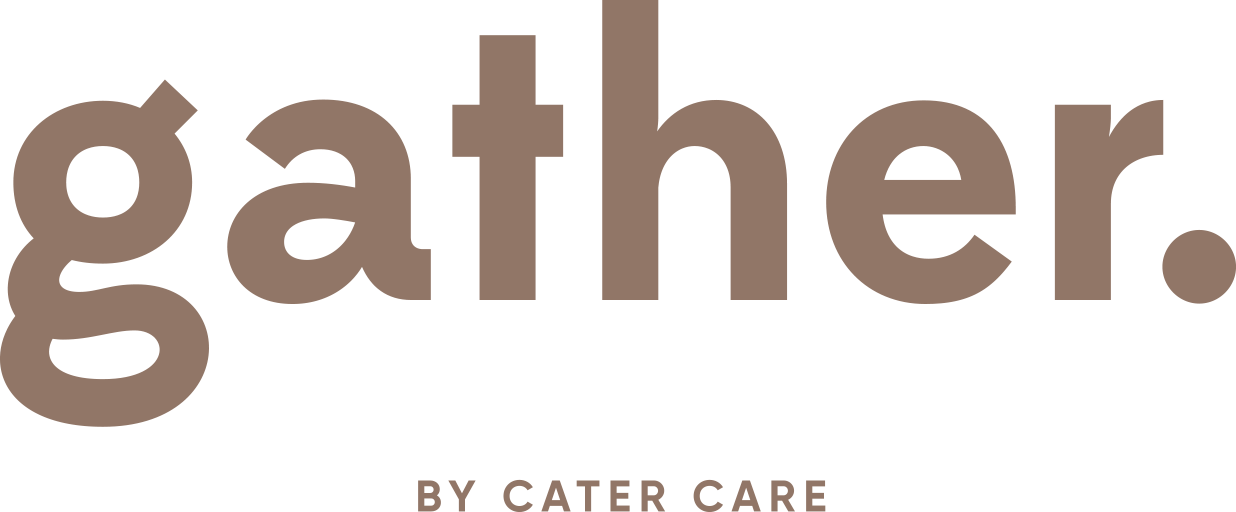Proper nutrition is essential for protecting our wellbeing no matter who we are, but it’s an unfortunate reality that some of us need to keep a closer eye on our health than others. Many living in Indigenous communities face unique health challenges as a result of their remote locations and logistical difficulties acquiring fresh produce including disproportionately high rates of kidney failure, diabetes, and heart disease.
At gather, we’re committed to helping schools and communities improve these health outcomes. We believe that a comprehensive nutritional education is the first step towards building a healthy lifestyle, and that tackling these issues while young is key to helping Indigenous students break out of the cycle of dietary inequality.
Education, education, and education
Better choices start with better understanding, and we work to educate students through all areas of our Indigenous catering services. An average gather servery that’s ready to welcome students will have the day’s healthy choices clearly signposted, and the dining area decorated with health-focussed reminders. Beyond the dining hall, the team regularly releases Nutrition Factsheets that provide accessible and practical dietary advice for students such as easy ways to boost their fibre intake.
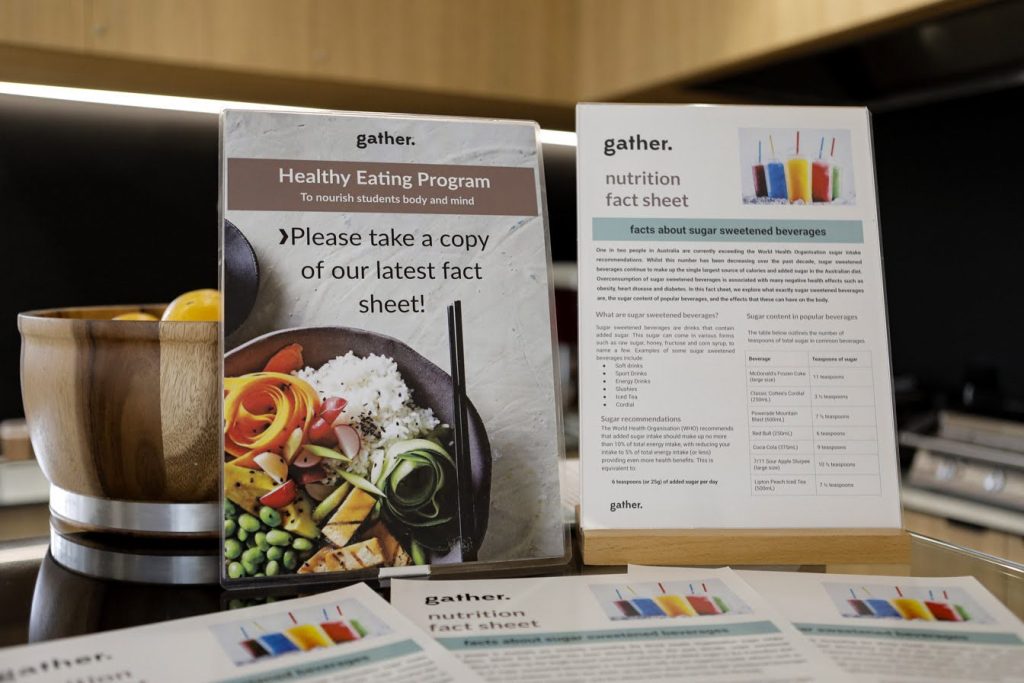
But no matter how good a teacher you may have, there’s only so much that can be done from a distance. The team is committed to making regular in-person visits to remote schools to back up the theory with practical demonstrations, and these are overseen by Rachel Gray, our Senior Dietitian, and Kevin Alley, our Indigenous Participation Manager.

Going on a road trip
One of these visits took place in late 2023, with the team making the trek out to a boarding school in Northern Territory to deliver a two-day crash course on healthy choices.
After arriving and settling into the classroom, Rachel engaged students by breaking down what would otherwise be a dry lecture about sugar and salt into an interactive guessing game. Students were asked to rank a few popular items by their perceived sugar or salt content, before revealing the actual rankings and demonstrating the importance of mindful choices in a clear, practical way.
Here’s a table summarising the items used in the demonstration:
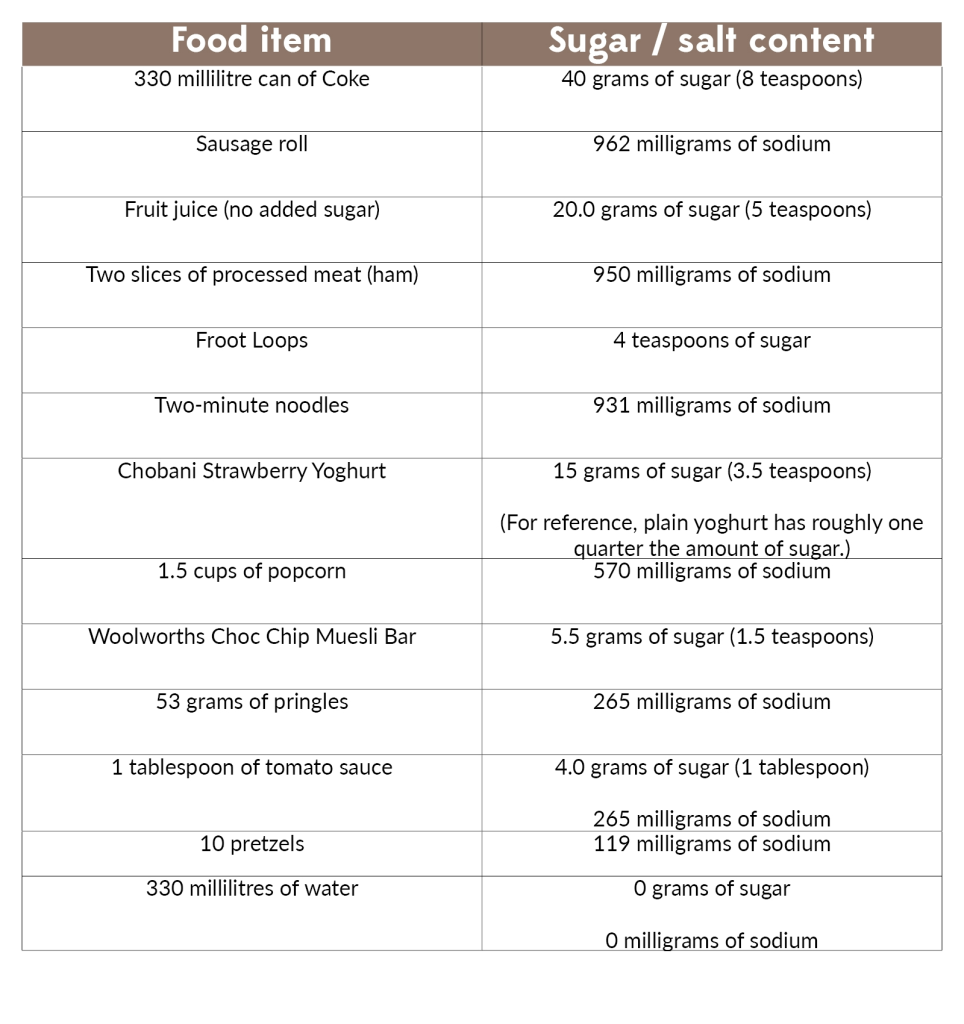
But telling students what not to do is only part of the equation, and after being warned off popular choices, students still needed to learn how they could make healthier choices within their current situation. Rachel walked students through readily available alternatives for healthier options, such as recommending optimal canned foods that could be used in place of fresh fruits and vegetables for cooking, or using fruits in juice instead of syrups to reduce sugar intake.
Cultural commitment
Tackling health and diet concerns can be hard for anyone, and that goes double for students already facing a challenging time in their lives. Kevin’s presence as our Indigenous Participation Manager helps build a safe and comfortable environment where Indigenous students feel they can safely open up to a friendly ear. His genuine passion for hearing about their culture and how it ties into their lives is key to helping students feel comfortable addressing dietary inequality, and his holistic approach to nutritional education helps foster mutual understanding, respect, and long-term encouragement.
Heading back
High quality Indigenous catering can’t be delivered with a one-size-fits-all approach. It needs a provider with real-world understanding of the unique needs of Indigenous Australians, and a genuine commitment helping Indigenous students address potential health concerns before they become issues. If your student body could benefit from a tailored approach that’s understanding of their individual situation, then reach out to our education expert via the details below.
Australian Institute of Health and Welfare. 2022. “Indigenous Health and Wellbeing.” Australian Institute of Health and Welfare. Australian Government. July 7, 2022. https://www.aihw.gov.au/reports/australias-health/indigenous-health-and-wellbeing.
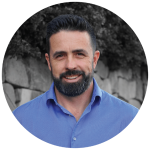
To find out more, get in touch with David O’Brien to have a quick chat about how gather can provide your students and residents with a well-rounded and connecting mealtime experience.
- 0424 190 566

